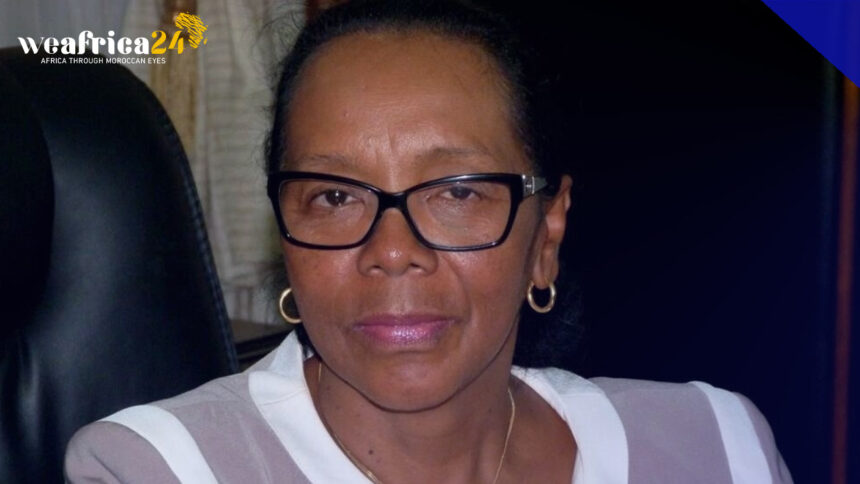As Madagascar approaches the legislative elections on May 29th, voices that were prominent during the November presidential elections are once again making themselves heard. The opposition, formerly united in the “Collectif des 11,” is now divided but committed to the legislative process.
Another significant dissenting figure is the President of the National Assembly, Christine Razanamahasoa. In a speech on Saturday, March 23, this former ally of President Andry Rajoelina criticized the socio-political situation, four months after his reelection.
Addressing the audience at the Tsimbazaza Palace, the President of Madagascar’s National Assembly delivered a scathing assessment, stating, “The people are sinking into extreme poverty; they live in the illusion of false promises, in darkness, in filth.” She also added, without naming individuals, that “men” were responsible for these afflictions.
Last November, Christine Razanamahasoa drew the ire of the ruling camp, from which she originates, by calling for the annulment of the presidential election, citing an environment not conducive to a fair election. Her stance was immediately rebuked by members of the majority party. However, this dissenting voice remains undeterred, with her discourse now endorsed by the opposition.
Following a significant demobilization in January, the eleven former opposition presidential candidates have begun to voice their opinions again since the announcement of their split into two distinct platforms. This division stems from internal strife over the governance structure of the group.
On one side, the kolektifan’ny malagasy comprises parties led by Hajo Andrianainarivelo, Roland Ratsiraka, Jean-Jacques Ratsietison, Tahina Razafinjoelina, and Andry Raobelina. The other platform, Firaisankina, includes parties led by Marc Ravalomanana, Siteny Randrianasoloniaiko, Hery Rajaonarimampianina, Auguste Paraina, and Alban Rakotoarisoa.
Two months away from the legislative elections, the opposition is divided on methodology but not on principle, according to a source close to the opposition speaking to RFI. The common objective remains: to dismantle a government deemed “illegal” and “illegitimate” through “all means necessary.” To influence the future Assembly, “each platform is preparing to campaign separately, without engaging in competition,” the source summarized.
Despite being engaged in the campaign, the opposition still regards the current electoral framework—particularly the High Constitutional Court (HCC) and the National Independent Electoral Commission (CENI)—as unsuitable for conducting a fair election. This perception led 10 out of the 11 opposition candidates to ultimately boycott the presidential election on November 16.







